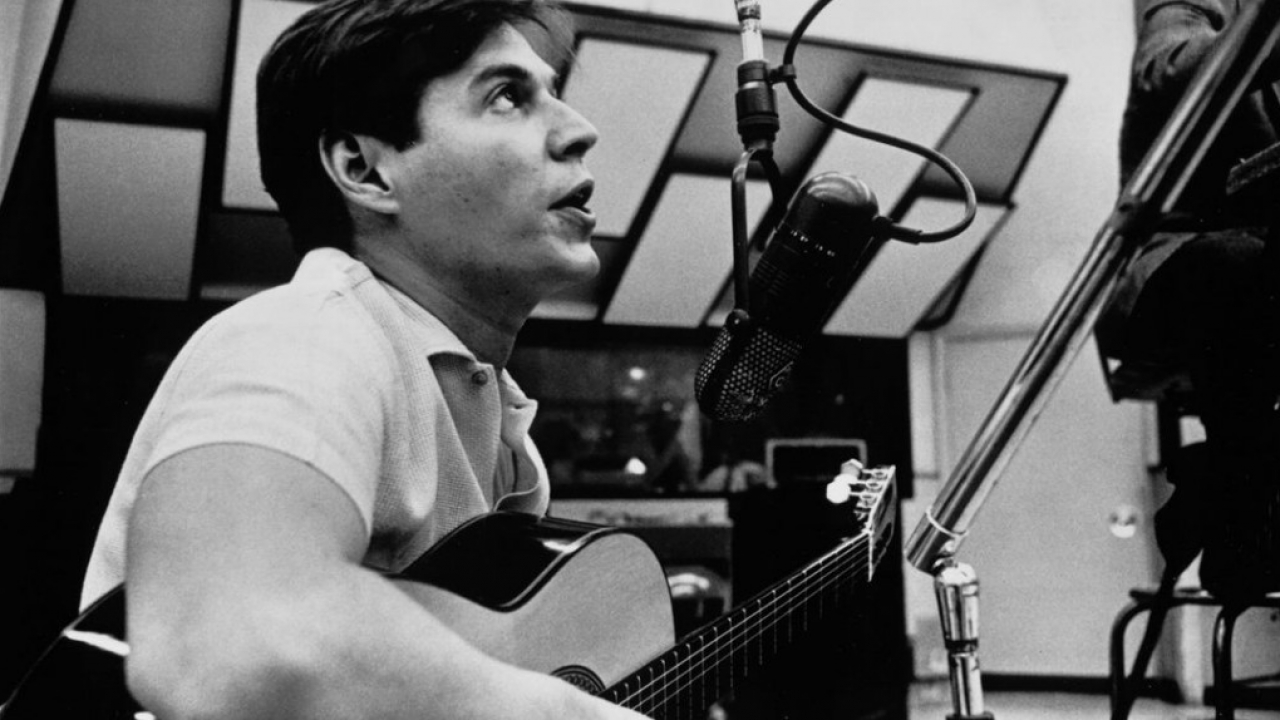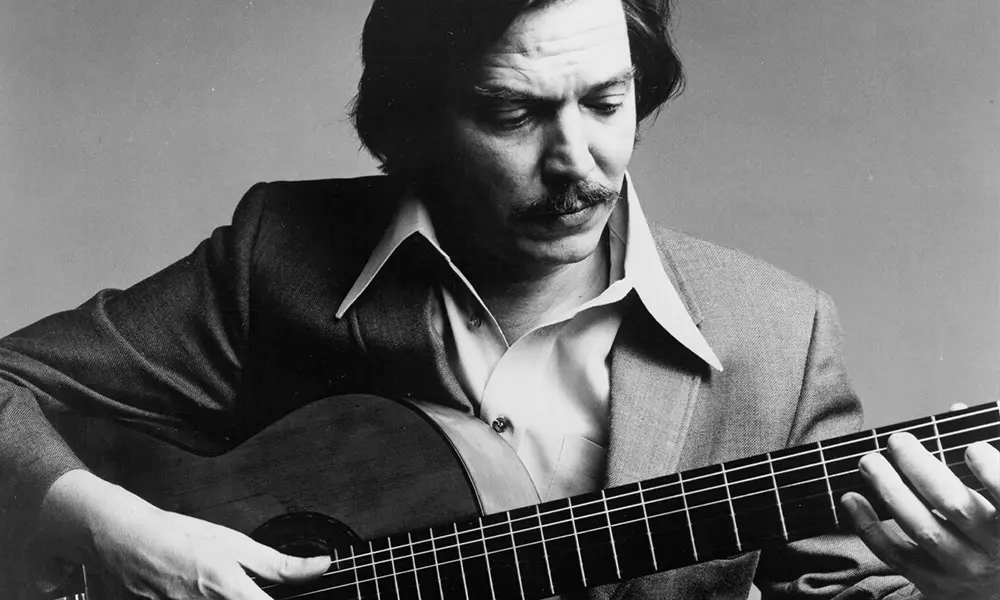In early 1994, Jobim had just completed his album “Antonio Brasileiro,” a testament to his unwavering commitment to his craft. However, amid the triumph of his musical endeavors, the maestro faced health challenges. He approached his doctor, Roberto Hugo Costa Lima, complaining of urinary problems. Little did he know that this would mark the beginning of a poignant chapter in the life of a musical genius.
Advertisement
Seeking medical attention, Jobim underwent an operation at Mount Sinai Hospital in New York City on December 2, 1994. The procedure aimed to address the urinary issues that had become a cause for concern. The hope was for Jobim to recover swiftly and resume his musical journey, enchanting audiences with his soul-stirring compositions.
Advertisement

Image Credit: All About Jazz
Tragically, fate had a different plan. On December 8, 1994, while recovering from surgery, Jobim experienced a cardiac arrest triggered by a pulmonary embolism. Just two hours later, another cardiac arrest ensued, sealing the fate of a man whose music had touched hearts across the globe. The world lost a musical luminary, and Brazil mourned the passing of a national treasure.
Jobim’s contributions to the world of music were unparalleled, and news of his sudden departure sent shockwaves through the global music community. He left behind a legacy that transcended borders, a legacy that would continue to inspire generations of musicians and music enthusiasts.
His final album, aptly titled “Antonio Brasileiro,” was released posthumously, becoming a poignant farewell from a maestro who had dedicated his life to the pursuit of musical excellence. The album stands as a testament to Jobim’s enduring passion for his craft, encapsulating the essence of Brazilian music that he so brilliantly shaped.


Leave a Reply